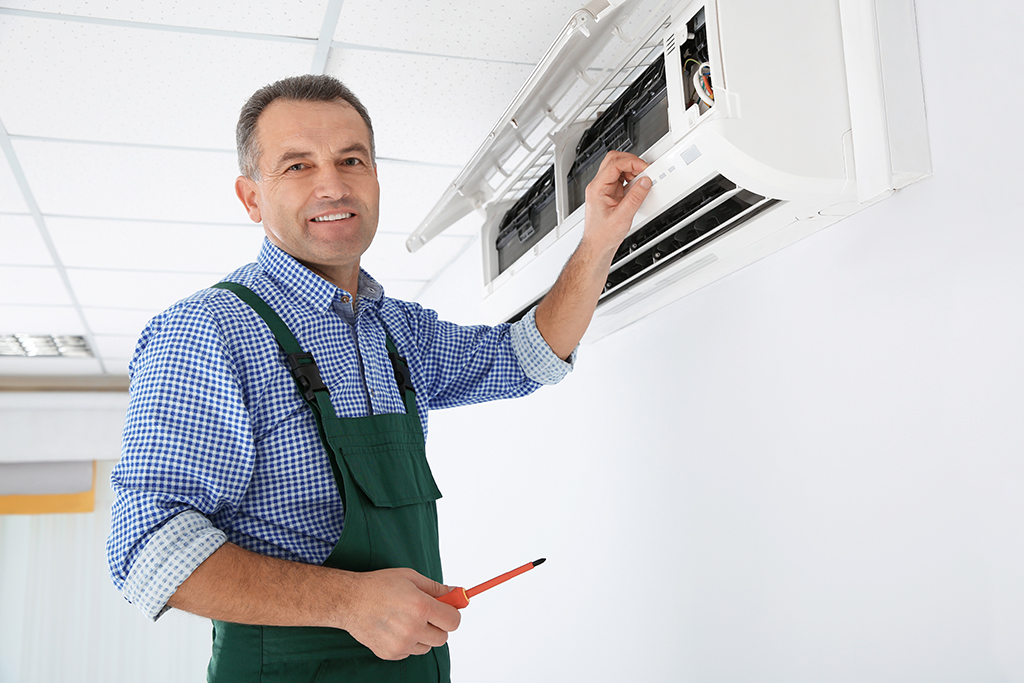As a homeowner, guaranteeing your HVAC system runs efficiently is essential for keeping a comfortable living environment, especially important with changing seasons. The heating, ventilation, and air conditioning system, often known as HVAC, has a crucial role in controlling indoor temperatures, offering fresh air, and maintaining proper humidity levels. But, navigating the complexities of these systems can be intimidating, particularly for those who are new to being homeowners or are unfamiliar with the workings of these systems.
In this article, we will explore the top ten HVAC maintenance tips that all homeowner should know. From understanding the basics of how your HVAC system functions to recognizing common problems and understanding when to call in a professional, these tips will help you to manage your home's heating and cooling needs. With the right knowledge and practices, you can prolong the life of your system, improve indoor air quality, and ultimately reduce money on energy bills. Let's dive into the essential maintenance strategies that will ensure your HVAC system functioning well year-round.
Grasping HVAC Technologies
HVAC is an acronym for heating, ventilation and air conditioning. It refers to the system that delivers indoor environmental comfort through thermostatic regulation, humidity regulation, and air quality management. A properly engineered HVAC system plays a vital role in preserving a pleasant and well-balanced living space, making it an integral component of modern homes.
Heating units are designed to warming the inside of a home. Common varieties include furnaces, heat exchangers, and boilers. Cooling units, usually typified by air conditioning units, are designed to cool the indoor air, delivering relief during sweltering months. Air circulation, often including the circulation of fresh air, is crucial for ensuring indoor air quality, helping to eliminate pollutants and maintain a fresh atmosphere.
Comprehending how these systems interconnect is key to efficient operation. The interaction between heating and chilling regulates indoor temperatures, while adequate ventilation enhances air quality. Learning yourself with your HVAC system's components and functions can empower you to make informed decisions about upkeep, improvements, and energy-efficient practices.
Key HVAC Maintenance Advice
Consistent service of your HVAC unit is essential for maintaining its performance and longevity. One of the easiest yet most effective tips is to swap your air filter every 1 or three months, depending on usage and the style of air filter. Dirty air filters can limit airflow and cause your system to operate more leading to elevated utility costs and potential damage. Keeping a consistent schedule for replacing filters not only improves air quality and also enhances the overall functionality of your HVAC unit.
Another vital maintenance advice is to schedule annual professional inspections and tune-ups. A qualified technician can identify and address issues before they become serious into costly repairs. During these inspections, the technician will sanitize the coils, check refrigerant levels, and confirm that all components are working properly. This preventative approach not just helps maintain efficiency but also extends the life of your HVAC unit, saving you money in the long run.
Lastly, ensuring that your external unit is clear of debris is crucial for optimal functionality. Regularly check for leaves, grass, and additional obstructions that could hinder airflow. Maintaining my company surrounding your outdoor condenser unit clean allows for improved heat exchange, boosting efficiency. Additionally, think about covering the unit during severe weather conditions to protect it from potential damage and maintain its performance when the season shifts.
Efficiency of Energy and Savings on Costs
Enhancing the energy efficiency of your HVAC system can lead to considerable cost savings on your energy bills. Regular maintenance, such as replacing air filters and maintaining ductwork, makes sure that your system operates effectively, reducing the workload on your heating and cooling units. By making minor adjustments, like sealing leaks around the windows and the doors, you can also prevent conditioned air from leaking out, which helps your HVAC system run less often and saves money.
Putting money into a advanced thermostat can further enhance energy efficiency. These devices allow you to program heating and cooling timings according to your lifestyle, ensuring that energy is not spent when you are not present. Additionally, many intelligent thermostats can monitor your energy usage and suggest adjustments to optimize efficiency. The savings from reduced energy consumption can swiftly offset the upfront expense of purchasing a smart thermostat.
In conclusion, think about upgrading energy-efficient HVAC systems that are engineered for maximum performance with low energy use. Look for systems certified by Energy Star, which meet strict efficiency standards. While the upfront investment may be greater, the long-term savings achieved through reduced energy bills and potential subsidies can make it worth the cost. Implementing these energy-efficient practices not only benefits your wallet but also contributes to a more sustainable environment.

